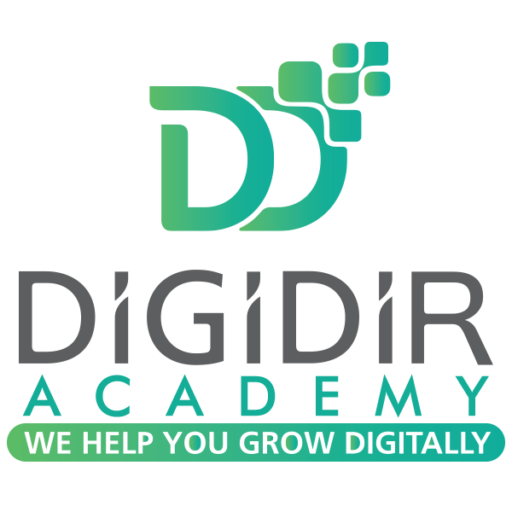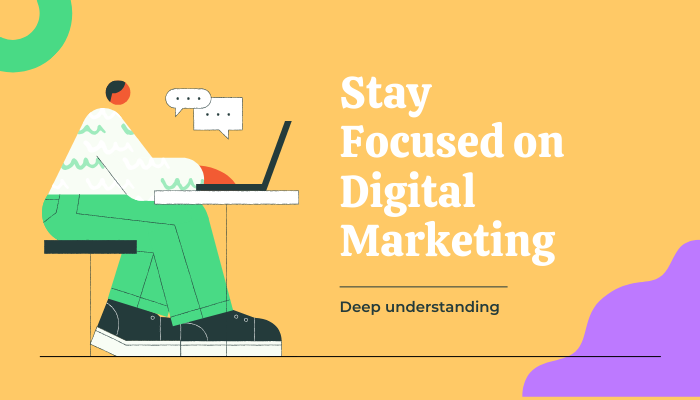The Evolution of Social Media Marketing: Trends to Watch in 2024

In the ever-evolving landscape of digital communication, social media marketing stands as a testament to rapid innovation and change. As we move towards 2024, the trajectory of social media marketing course continues to ascend, fueled by new technologies, shifting user behaviors, and an increasingly competitive landscape. This blog delves into the evolution of social media marketing, spotlighting the trends that are shaping its future and offering insights on how businesses can navigate this dynamic terrain.
The Roots and Rise of Social Media Marketing
Social media began as a digital platform for personal expression and connection, but it quickly burgeoned into a vital tool for businesses worldwide. Early adopters recognized the power of social platforms to reach vast audiences with precision and personalization unmatched by traditional marketing channels. Over the years, we’ve seen platforms like Facebook, Instagram, Twitter, and LinkedIn evolve from simple networking sites to comprehensive marketing ecosystems, offering an array of tools for advertising, customer engagement, and brand building.
Read more: The Impact of 5G Technology on Mobile Marketing Strategies
Navigating the Current: Social Media Marketing Today
Today, social media marketing is an indispensable part of a brand’s digital strategy, driven by its ability to foster direct engagement, gather insightful data, and amplify content across global audiences. The landscape is characterized by a few key trends:
Content Diversification: Brands are moving beyond text and images to embrace video, live streams, and interactive content, engaging users in more dynamic and compelling ways.
Influencer Collaborations: Influencer marketing continues to grow, with brands partnering with social media personalities to reach niche audiences and enhance credibility.
AI and Automation: The integration of AI technologies for chatbots, content creation, and customer insights is streamlining operations and personalizing user experiences.
The Horizon: Emerging Trends in 2024
As we look towards 2024, several emerging trends are set to redefine social media marketing once again:
Augmented Reality (AR) Experiences: With platforms like Instagram and Snapchat already experimenting with AR filters, the next step is fully immersive AR experiences. Brands will leverage this technology to offer virtual try-ons, interactive ads, and engaging storytelling methods, blurring the lines between digital and physical realities.
Social Commerce Revolution: Social platforms are becoming not just marketing tools but complete e-commerce ecosystems. Features like Instagram’s Shop and Facebook Marketplace are just the beginning. In 2024, expect seamless in-app purchasing experiences, with social media becoming a primary channel for online shopping.
Micro and Nano-Influencers: While celebrity endorsements aren’t disappearing, there’s a shift towards micro and nano-influencers. These individuals have smaller, more niche audiences but boast higher engagement rates, offering brands more authentic and cost-effective partnership opportunities.
Privacy-Focused Marketing: In the wake of increased scrutiny over data privacy, platforms are likely to introduce more privacy-centric features. Marketers will need to adapt by finding new ways to connect with audiences without relying heavily on personal data.
Voice and Visual Search: As voice-assisted devices and visual search technologies gain popularity, social media platforms will incorporate these features, affecting how content is discovered and interacted with. Optimizing for voice and visual search will become a critical component of social media strategies.

Strategies for Success in the New Social Media Landscape
To thrive in the rapidly changing world of social media marketing, businesses should consider the following strategies:
Embrace Emerging Technologies: Stay abreast of new developments in AR, AI, and voice search. Experiment with these technologies to create more engaging and personalized user experiences.
Focus on Community Building: Instead of purely promotional content, foster genuine communities around your brand. Engage with your audience, listen to their feedback, and build relationships that transcend transactional interactions.
Prioritize Authenticity: In a world cluttered with content, authenticity stands out. Share real stories, embrace transparency, and show the human side of your brand.
Invest in Training: The landscape of social media marketing is complex and ever-changing. Regular training for your team on the latest trends, tools, and best practices is essential.
Also Read: Brand Awareness Metrics: The What, The Why and The How
Conclusion: The Future of Social Media Marketing
The evolution of social media marketing is a journey marked by constant change and boundless opportunities. As we look to 2024 and beyond, the trends we see today will pave the way for even more innovative and effective marketing strategies. By staying informed, embracing new technologies, and focusing on genuine engagement, brands can navigate the future of social media marketing with confidence and creativity. The key to success lies not just in adapting to changes but in anticipating them, readying your brand for the next wave of digital transformation.
Recent Posts
Categories
















